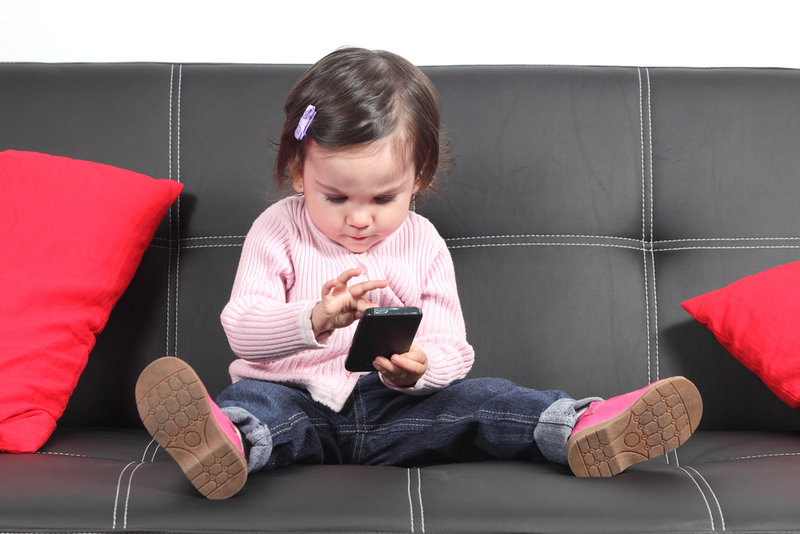Sorry, Touch Screens Won't Turn Baby Into Einstein

Get the world’s most fascinating discoveries delivered straight to your inbox.
You are now subscribed
Your newsletter sign-up was successful
Want to add more newsletters?

Delivered Daily
Daily Newsletter
Sign up for the latest discoveries, groundbreaking research and fascinating breakthroughs that impact you and the wider world direct to your inbox.

Once a week
Life's Little Mysteries
Feed your curiosity with an exclusive mystery every week, solved with science and delivered direct to your inbox before it's seen anywhere else.

Once a week
How It Works
Sign up to our free science & technology newsletter for your weekly fix of fascinating articles, quick quizzes, amazing images, and more

Delivered daily
Space.com Newsletter
Breaking space news, the latest updates on rocket launches, skywatching events and more!

Once a month
Watch This Space
Sign up to our monthly entertainment newsletter to keep up with all our coverage of the latest sci-fi and space movies, tv shows, games and books.

Once a week
Night Sky This Week
Discover this week's must-see night sky events, moon phases, and stunning astrophotos. Sign up for our skywatching newsletter and explore the universe with us!
Join the club
Get full access to premium articles, exclusive features and a growing list of member rewards.
Playing games on tech devices won't make kids younger than age 3 any smarter, a new study says.
But the research did find that toddlers who played non-educational games on smartphones, e-readers and tablets received lower scores in verbal tests, compared with toddlers who used the touch screen devices for other purposes, such as watching educational shows or pressing buttons on the screen.
"We have observed in our neonatal clinic that the number one 'toy' parents are giving their toddlers are smartphones," study author Dr. Ruth Milanaik, a physician at the Cohen Children's Medical Center of New York in New Hyde Park, said in a statement. "It was striking to see that parents were substituting books and general baby toys for smart phones," Milanaik said. [11 Facts Every Parent Should Know About Their Baby's Brain]
In 2011, the American Academy and Pediatrics (AAP) discouraged the use of electronic devices for kids younger than age 2, saying the devices may negatively effect kids' development, and that there was no evidence of educational benefits. The new 2013 AAP guidelines mentioned the devices may have positive and pro-social effects on kids, but the advice did not apply to children younger than 3.
In the new study, 63 out of the 65 families surveyed owned a touch screen device. The average toddler in the study started using a device at age 11 months, and used it for about 36 minutes a day.
Kids used touch screen devices to watch "educational shows" (30 percent), play with educational apps (26 percent), press buttons on the screen aimlessly (28 percent) and play non-educational games (14 percent).
About 60 percent of the parents in the study said that they believed their kids did gain educational benefits by using a touch screen device. However, the researchers did not find that the kids' cognitive development benefitted from the use of the devices in any way.
Get the world’s most fascinating discoveries delivered straight to your inbox.
"Technology can never replace a parent's interaction with his or her child," Dr. Milanaik said. "Just talking to your child is the best way to encourage learning."
Follow Agata Blaszczak-Boxe on Twitter. Follow Live Science @livescience, Facebook & Google+. Original article on Live Science.
 Live Science Plus
Live Science Plus










